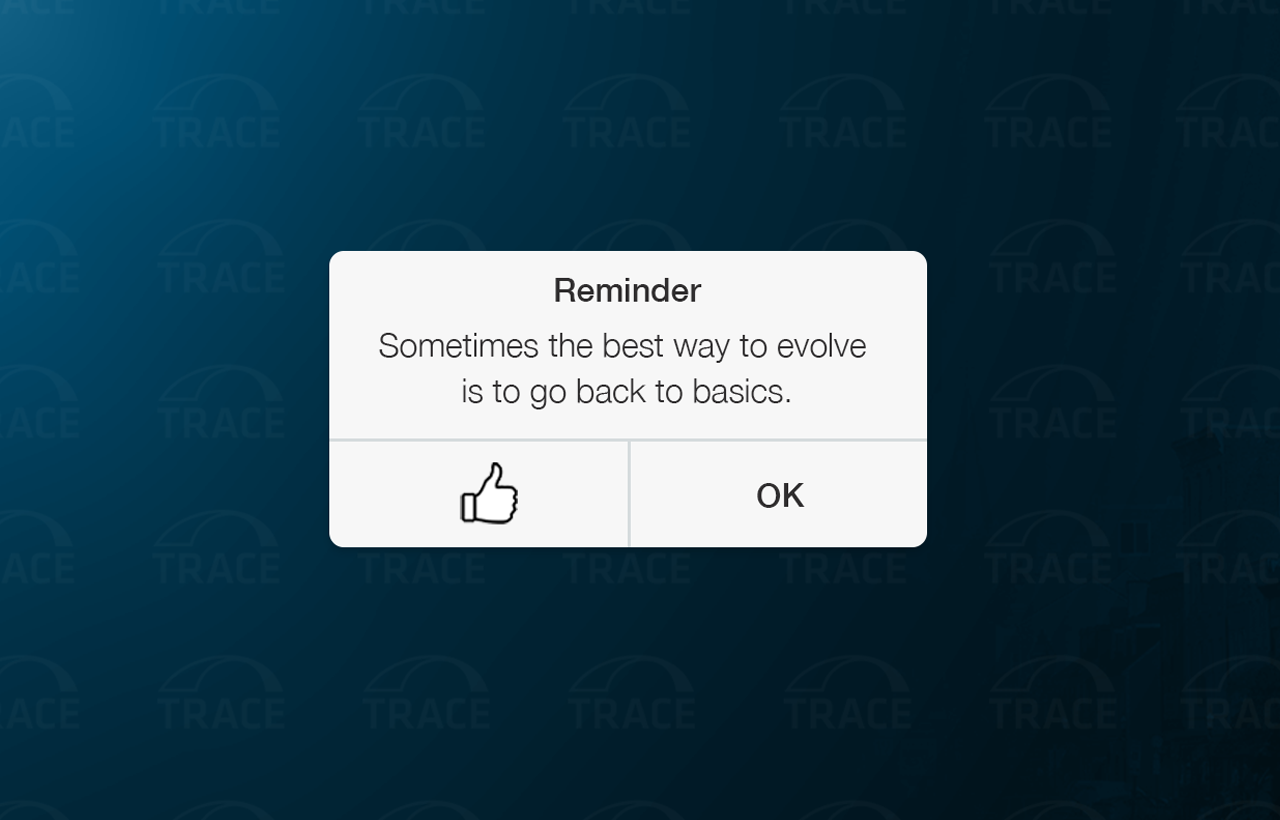
Back to Basics: Compliance Fundamentals
11 August 2022
This month, we’re bringing it back to the basics of effective compliance. Whether you’re building from the ground up, embarking on a new role or running a sophisticated operation that’s been around for years, evaluating your compliance program based on these seven elements is always relevant.
- Tone from the top and sufficient resources: Are you doing everything in your power to create a culture of compliance within your value chain? Do you have buy-in from senior leadership? Is middle management helping to further the company’s policy of zero tolerance for corruption? To help compliance departments further promote ethics within their organizations, we offer an advanced training option for individuals who manage compliance or are regularly exposed to compliance risks. Download our TRACEpro information sheet to learn more.
- Risk assessment and proportionality: Is your compliance program tailored to address the most salient risks? Do you have a plan to track and address new risks, gaps or loopholes?
- The publicly available TRACE Bribery Risk Matrix, updated annually, allows users to evaluate market risk based on the root causes of business bribery.
- Our members-only Resource Center contains a library of materials to support the risk assessment process, including checklists and guidance.
- Policies and procedures: Are your policies accessible to employees and third parties? Are they available in the local language? Clear and comprehensive? Regularly reviewed and updated? Our Resource Center contains model policies, sample policies and guidance on procedures to help set your compliance program up for success.
- Due diligence and third party risk management: From spotting red flags to mitigating them, TRACE provides companies with practical guidance to cost-effectively support the due diligence process and reduce third party risk. Write to our Member Services team to learn more, and join us for upcoming publicly available webinars on third party risk.
- Training and communication: Effective compliance requires a combination of online and in-person training to educate your entire value chain on identifying and responding to compliance risks. TRACE membership comes with unlimited multilingual eLearning, including legally defensible anti-corruption training and mini modules on topics like ESG and occupational health & safety. But training doesn’t end with an online module, so we also offer materials to keep employees engaged and reiterate the message, as well as training workshops hosted worldwide.
- Reporting misconduct and investigations: Do you have an effective, highly visible internal reporting system to detect potential compliance issues within your value chain? Are you prepared to quickly address and investigate reports? Are there adequate protections for reporters?
- Monitoring and continuous improvement: An effective compliance program is constantly evolving and should be subject to continuous testing, periodic review and ongoing monitoring.
- TRACE’s benchmarking tool allows members to engage in peer-to-peer comparisons of their compliance programs. Write to our Member Services team to learn more.
- Join us 6 December for a webinar with PwC: Anti-Bribery/Anti-Corruption Compliance Assessments – A Checklist of Essentials.
TRACE membership is designed to help you build and maintain a strong culture of compliance throughout your organization. Membership benefits include unlimited eLearning, access to risk management tools and the TRACE Resource Center, complimentary attendance to webinars and events, networking and benchmarking opportunities, and more. Write to [email protected] to find out how your company can benefit from joining TRACE.
.png)